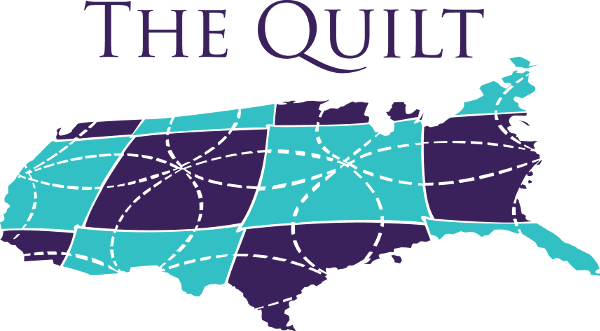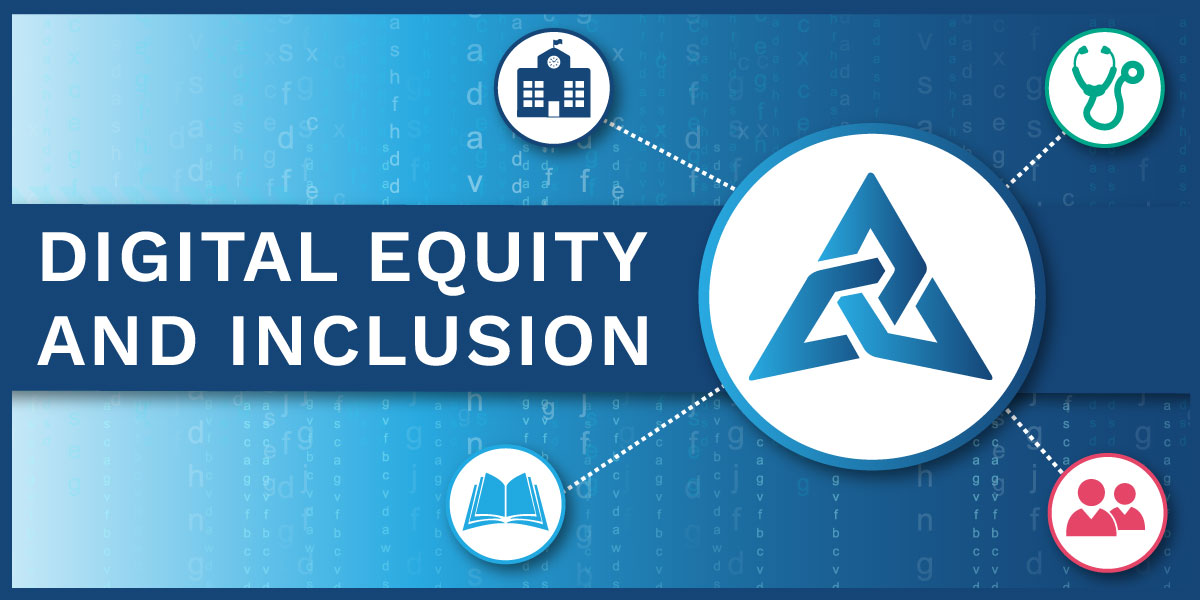Digital equity, community champions, real-time resources, growth mindset, helping neighbors – MCNC continues to serve North Carolina’s technology needs at an unprecedented pace.
For 40 years MCNC has connected and protected communities with high-speed Internet and networking technologies. Over those four decades, MCNC has built-out its fiber network, NCREN, to more than 4,000 miles to reach many unserved and underserved areas all while continuing to stress that the growing “digital divide” or “homework gap” would pose significant social and economic challenges in the state. Citizens today must be able to sustain remote work, virtual school, telehealth visits, and day-to-day living. What the pandemic has revealed is that digital equity and inclusion are all-encompassing – where people require not only reliable broadband connectivity but secure access to services, support, and skills on how to use it.
As concerns over COVID-19 grew last year, MCNC assembled an online Knowledge Center to communicate with clients and took swift steps to ensure networking and security services remained available. Like most of the country, MCNC went to a largely work-from-home arrangement and made sure staff had the necessary equipment to support clients remotely. MCNC also implemented safety protocols for staff as well as new activities for virtual employee engagement.
“COVID-19 revealed compassion and courage as well as innovation and creativity,” said MCNC president and CEO Tracy Doaks, who became the ninth chief executive of the organization in August 2020. “MCNC is ready to once again demonstrate just how important reliable, fast and affordable Internet is today, and how the right investments can lead to digital equity innovations that drive economic and social growth in North Carolina.”
In that same spirit, MCNC completed important projects associated with funding from the federal CARES Act.
The Rural College Broadband Access Project was a major step in extending high-speed connections for the North Carolina Community College System. The $12 million endeavor improved the technology infrastructure at 20 of the state’s most rural campuses. Additionally, Cyber Hygiene Assessments for 50 Local Education Agencies (LEAs) were completed in just 14 weeks. This work addressed cybersecurity from both a technology and behavior level, provided vital and timely information to those LEAs, and allowed for MCNC’s Secure Application Access service to be accessible at no added cost.
MCNC’s client community equally demonstrated high levels of commitment to their stakeholders. The MCNC Champions campaign was created to recognize those going above and beyond to serve their organizations and communities under trying circumstances. MCNC also worked with the Food Bank of Central and Eastern North Carolina to set up a Virtual Food Drive.
MCNC understands the link between broadband and socio-economic growth. With regions ranging from rural to urban, mountains to coastal, each unique community welcomes an active collaborator like MCNC to help shape their digital foundation.

